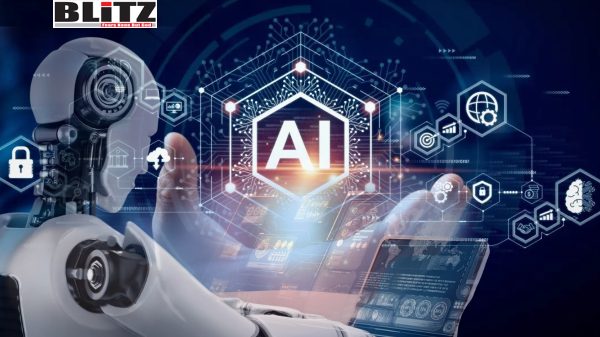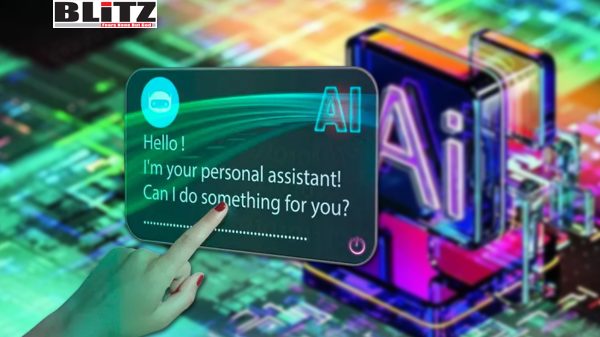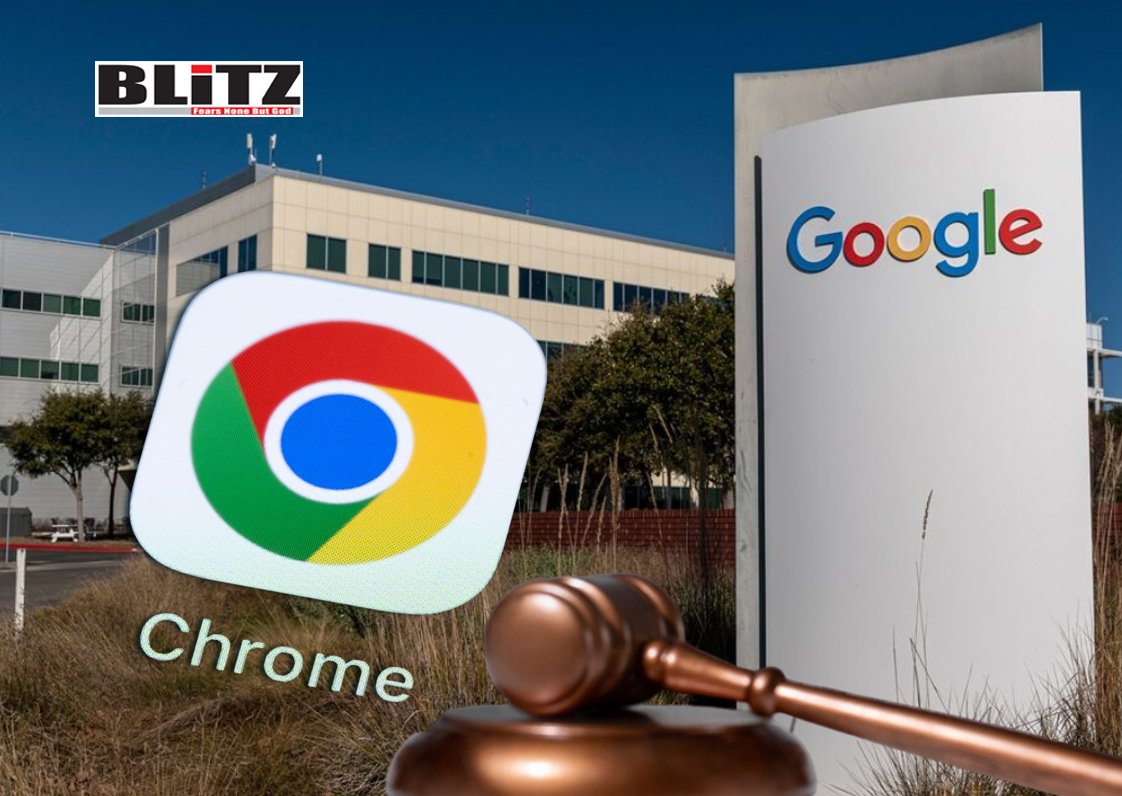Understanding AI, LLMs, GPTs, and Chatbots: A beginner’s guide
- Update Time : Tuesday, October 17, 2023

Artificial Intelligence (AI) seems to have permeated every aspect of modern life. But when did AI make the transition from science fiction to reality, and what exactly is it? As we navigate this new world, it’s natural to seek clarity amid the evolving landscape.
In today’s context, AI refers to a machine’s capacity to perform intelligent tasks akin to those undertaken by humans or animals. This involves learning, adaptation, and decision-making. It is not, however, a sentient force with a will of its own, as often depicted in Hollywood.
From route planning software to weather forecasting and social media algorithms, AI has subtly shaped our daily experiences. In gaming, AI drives non-player characters’ reactions and behaviors, creating immersive challenges for players. Social media platforms employ AI algorithms to curate content tailored to users’ preferences and behaviors, enhancing the overall experience.
The development of Large Language Models (LLMs) like GPT (Generative Pre-trained Transformer) has further propelled AI’s expansion. LLMs enable more nuanced interactions through natural language, facilitating the creation of high-quality content with minimal user expertise. These advancements have led to the rapid proliferation of AI-powered tools and services across various industries, transforming the way we engage with technology.
Generative AI, such as LLMs, operates on complex algorithms trained to understand and generate human-like text. While these models simulate human-like responses, they lack genuine consciousness or emotional capacity. They function by analyzing data patterns and predicting the most likely next sequence, offering sophisticated yet algorithmically driven interactions.
Amid the excitement surrounding AI’s advancements, questions arise regarding its impact on society, the environment, and employment. While acknowledging its transformative potential, we must remain vigilant about the ethical implications and potential consequences associated with its widespread integration.
Despite the ongoing technological revolution, there’s still much to uncover about AI’s influence on our lives. By exploring its diverse applications and the evolving landscape of generative AI tools, we can better appreciate its role in shaping our creative expressions and everyday interactions.
So, as we embark on this journey into the realm of AI, let’s remain curious and open to its possibilities, always mindful of the broader implications and the evolving ethical considerations. While we can marvel at the marvels of AI, it’s crucial to approach its advancements with a nuanced understanding of its capabilities and limitations.

















